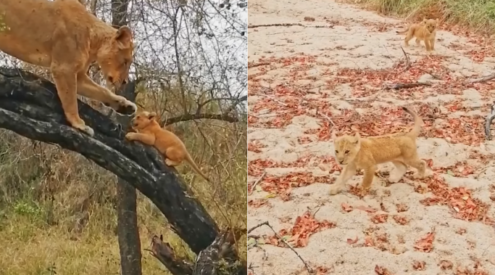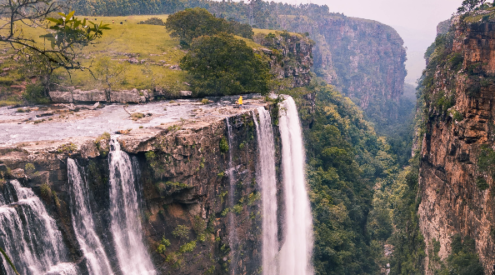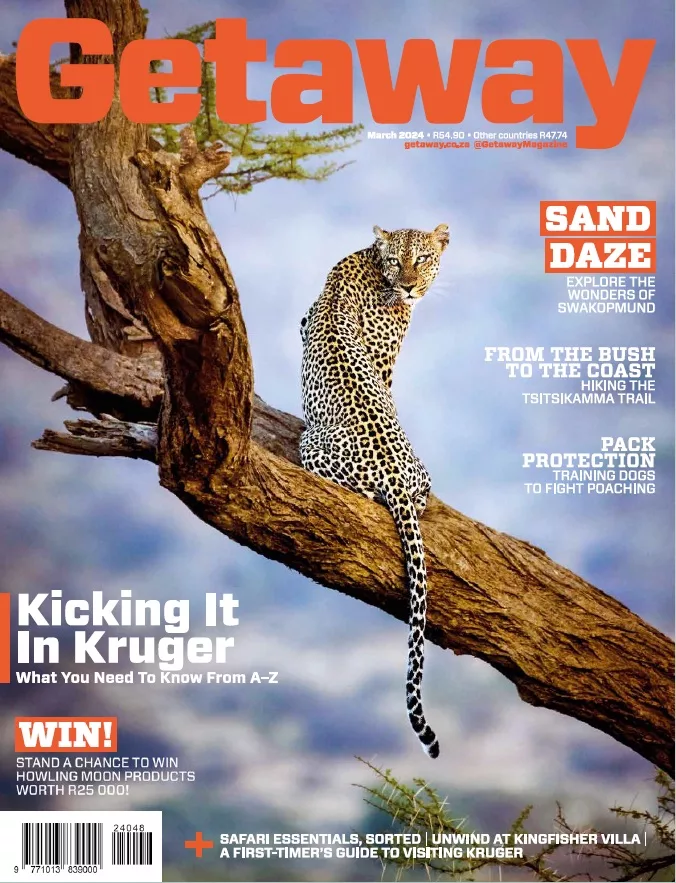For the first time ever, leopard seals in New Zealand have been discovered to eat sharks. A new study revealed that researchers found shark remains in the scat of the seals, but more importantly, visible signs of struggles with sharks on seals’ bodies, confirming that the seals do not simply scavenge on dead sharks, but kill them.
‘A top predator feeding on another top predator is quite interesting in itself. If the leopard seals do keep increasing in the numbers and then that affects the shark populations, we really don’t know how that will affect things,’ lead author Krista van der Linde told The Guardian.

Picture: Papa Lima Whiskey/Wikimedia commons
The leopard seals, arriving from Antarctica, have been sighted more frequently recently, but scientists are not sure whether there are indeed more seals in the area or whether sightings have just been reported more often.
Researchers have not settled on a distinct reason yet as to why the leopard seals would target sharks. Their prey included elephant sharks and ghost sharks that occur in New Zealand’s waters. ‘There could be something nutritionally about sharks that makes them desirable, it could be sort of a treat for [the seals],’ Van der Linde added.
‘We do know, however, that leopard seals are excellent generalist predators with a suite of highly specialized adaptations. They are highly manoeuvrable swimmers… in part due to their comparatively large wing-like forelimb flippers. Their agility, along with their relatively large size and gape enable them to target sizable prey species across their wide circumpolar distribution,’ the study reads.
‘But rather than being restricted to only large prey, their unique dual-functioning dentition is well suited to both sieving smaller prey from the water and processing larger prey… As such, they take a wide selection of prey, ranging from Antarctic krill (Euphausia superba), cephalopods and fishes, to seabirds and other pinnipeds.’
In South Africa, great white sharks have been preyed on by killer whales, and have reportedly shifted in distribution leading to less frequent sightings in Cape Town. Orcas hunting them is among other possible reasons for the so-called ‘disappearance’ of Cape Town’s great whites.
ALSO READ
The world in a city: 10 exquisite natural wonders around Cape Town














